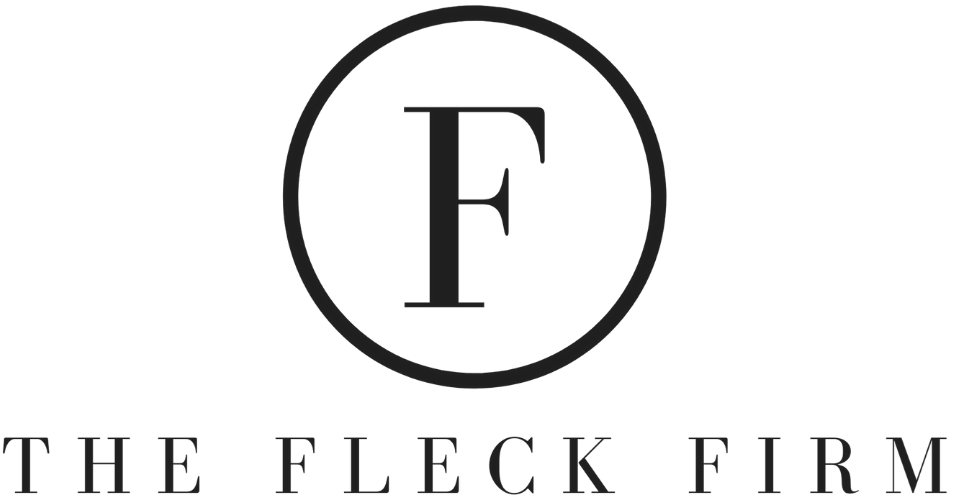If someone else is negligent and causes you to have an accident — whether you’re in a vehicle, you fall, or you suffer a dog bite — you could be entitled to compensation through a personal injury case. To ensure full compensation, it’s necessary to receive high-quality legal support from an experienced PI attorney. If you’re based in Paducah, you have The Fleck Firm. Our team has been helping clients in the area for many years and has successfully reached countless settlements.
What Kinds of Personal Injuries Can I Get Compensated For?
Accidents, where someone had a duty to not put you in danger and acted negligently, are personal injury cases. You can receive compensation from the defendant if you’re able to show that your injuries were directly caused by that negligence.
Some of the most common types of personal injuries are motor vehicle accidents, particularly car crashes. Most settle without needing to go to trial, and the driver who caused the wreck almost always has sufficient insurance to cover the victim’s claims. Similar are motorcycle accidents, although damages may be higher since motorcyclists often suffer more severe injuries and economic losses. Other types of vehicular accidents are truck accidents, which tend to be due to errors on the behalf of the truck driver.
A type of personal injury that can happen virtually anywhere is a slip and fall accident. However, cases tend to be complex, meaning it is important to have a qualified PI attorney from Paducah on your side.
You can also receive compensation if you’ve suffered a dog bite. The insurance company of the dog owner may be required to pay you for a variety of damages.
Finally, some personal injuries fall into none of the above categories, but you still may be able to receive compensation. This includes worksite accidents, medical malpractice cases, injuries using defective products, and the wrongful death of a loved one.
Other attorneys take contingent fees of 33% to 50% of your settlement.
We want you to keep more of your money.
Our contingent fee is only 30% on cases settled prior to filing suit.
How Much Compensation Can I Receive for My Injury?
A PI attorney in Paducah can assess your case and determine how much you should be able to recover in damages. This could cover the following:
- Medical bills
- Lost or damaged property, such as the cost to repair or replace a wrecked vehicle
- Lost income and any impact on your future earning capacity
- Pain and suffering for any serious discomfort
- Emotional distress for psychological damages
Is It Worth Seeing a Personal Injury Attorney?
If you believe you may have a personal injury case, it is always worth meeting with a PI attorney in Paducah. You can receive a free consultation, during which the lawyer will explain your legal rights and examine your case. Even if you decide that you definitely want to pursue a case, you still won’t pay anything upfront: attorneys charge a contingent fee, which is a percentage of your settlement.
How to Choose the Right Lawyer in Paducah
You are under no obligation to commit to a lawyer just because you have received a free consultation. In fact, it is important to be sure that you are making the right choice. For one thing, you should feel comfortable with the PI attorney and trust that the firm will handle your case with your best interests in mind.
In addition, it’s crucial that you find an attorney whose focus is on personal injury. Ideally, you want someone who has experience handling your type of accident and has been successful in gaining fair compensation for clients in the past. This shows that the attorney understands the law and will be able to apply it to your case. You can ask attorneys about their success rates at your consultation. It’s also important to know if the lawyer has experience going to trial and has won cases when claims were contested. After all, although the majority of claims do settle out of court, there is always a chance that you will need to escalate yours to a lawsuit.
To receive expert support and pay less of your settlement in contingent fees, choose The Fleck Firm. We are able to charge just 25 percent, whereas other law firms charge at least 33 percent and often as much as 50 percent. This is because we use modern technology that saves money — and then we pass those savings on to you. We’re committed to ensuring everyone in our community receives the support they deserve to receive full compensation for their injuries. Schedule a free case evaluation today to discuss your case.



